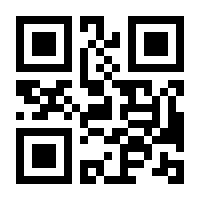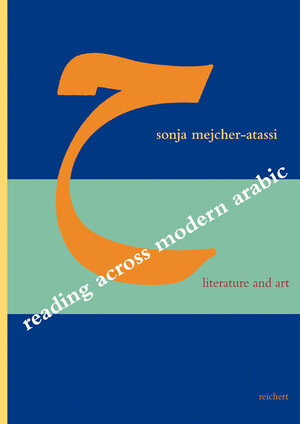Reading Across Modern Arabic Literature and Art
Three Case Studies: Jabra Ibrahim Jabra, Abd al-Rahman Munif, Etel Adnan
von Sonja Mejcher-AtassiInterrelations of literature and art, word and image, are manifold. However, they have remained largely unexplored when it comes to literature and art in the Arab world. This book aims at introducing interarts studies to Middle Eastern studies and, at the same time, hopes to widen the horizon of interarts studies, which has primarily dealt with Western literary and artistic traditions and represents an interdisciplinary field of research in comparative literature.
After methodological considerations and preliminary thoughts on changing notions of literature and art in the modern Arab world, the book focuses on three case studies, examining the rapport of Arab writers with art, be it as an art critic, an art lover, or an artist in his/her own right. It in particular looks at Jabra Ibrahim Jabra, Abd al-Rahman Munif and Etel Adnan who contributed profoundly to modern Arabic literature in the second half of the twentieth century. In correspondence with their life trajectories – spanning the Arab world from Bethlehem to Jerusalem, Baghdad, Amman, Beirut, Cairo, and Damascus, and beyond the Arab world from Cambridge to London, Belgrade, Paris, and California – it does not focus on one country but gives testimony to the transnational as well as transcultural character of cultural production in the Arab world. It then sets out to read selected literary texts relationally, across the fields of literature and art, breaking with conventional ways of reading and seeing.
In reading across modern Arabic literature and art the book sets out to study artistic practices, be they word or image oriented, in context and thus contributes to a better understanding of modern Arabic literature and art beyond the confines of the single disciplines. Its interdisciplinary approach opens new perspectives on modern Arabic literature and art alike. The book is addressed at scholars and students in Middle Eastern studies, comparative literature, art history, and cultural history, as well as at a general public interested in literature and art beyond the Western canon.






